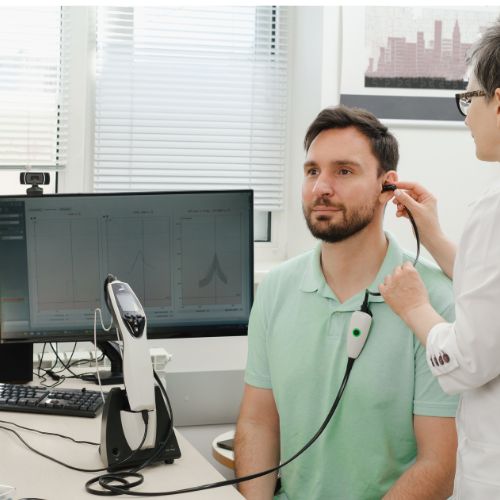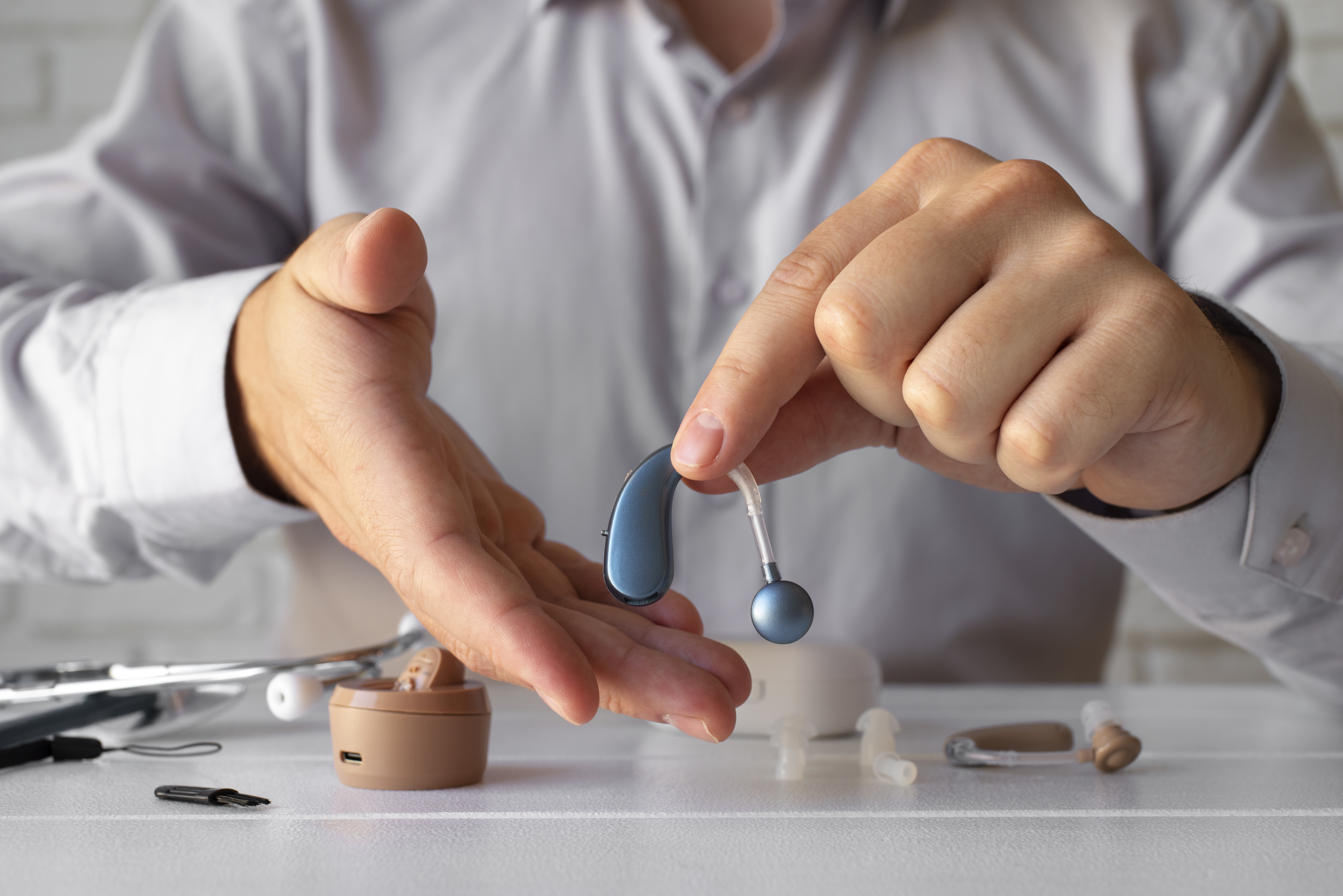
Hearing Loss — What It Is, Why It Happens, and How to Deal With It
Have you been turning up the volume more than usual? Or asking people to repeat themselves? You’re not alone. Hearing loss is one of the most common — and often unnoticed — health issues people face. In this blog, we break down what hearing loss is, why it matters, and what you can do to take better care of your ears.
What Is Hearing Loss?
Have you ever found yourself asking people to repeat what they said? Or turning up the volume on the TV a little higher than before? These might seem like small things, but they could be early signs of hearing loss — a condition that affects millions of people around the world.
Let’s talk about it in a way that’s easy to understand, and more importantly, easy to act on.
Hearing loss means you’re not hearing sounds as clearly as you used to. It can happen in one ear or both, and it might come on suddenly or gradually over time. It doesn’t always mean total deafness — it can be as mild as missing certain sounds, like someone speaking softly or birds chirping in the morning.
Why Hearing Loss Matters
Many people ignore hearing loss, thinking it's just a part of getting older. But untreated hearing problems can lead to:
Frustration in conversations
Feeling left out in social situations
Memory issues and trouble concentrating
Even depression or loneliness
More surprisingly, research shows that hearing loss, if not managed, can also increase the risk of cognitive decline and dementia.
Common Signs of Hearing Loss
- You might be experiencing hearing loss if:
- You often ask people to repeat themselves
- You think others are mumbling
- You have trouble hearing in noisy places like restaurants
- You turn up the TV or radio louder than others prefer
- You hear ringing or buzzing in your ears (this is called tinnitus)
What Causes Hearing Loss?
Hearing loss can happen for many reasons:
| Cause | Example |
|---|---|
| Aging | Natural wear and tear of the ear over time |
| Loud noise | Headphones, concerts, machinery |
| Ear infections | Especially in children |
| Earwax buildup | Can block the ear canal |
| Certain medications | Some antibiotics, chemo drugs |
| Genetic conditions | Runs in families |
| Injuries or illnesses | Head trauma, diabetes, etc. |
What Should You Do If You Suspect Hearing Loss?
Don’t wait. The earlier you check, the better.
Visit an audiologist — a hearing care professional who can test your hearing.
Depending on your results, they may suggest:
Hearing aids
Medical treatment (for infections or wax)
Therapy for tinnitus or balance issues
Hearing aids today are tiny, smart, and barely noticeable. They can connect to your phone, adjust automatically, and make conversations easier.
Tips to Keep Your Ears Healthy
- Keep headphone volume below 60% of the max
- Take breaks from noisy environments
- Use earplugs in loud places like concerts or construction zones
- Get your hearing tested regularly — especially after age 40
Final Thoughts
Hearing is not just about sound. It’s about staying connected to your loved ones, your surroundings, and your sense of self. If you're noticing changes in how you hear the world, don’t ignore it. Help is available — and it starts with a simple hearing check.
Your ears are always listening. Maybe it’s time you listened to them too.




0 Comments